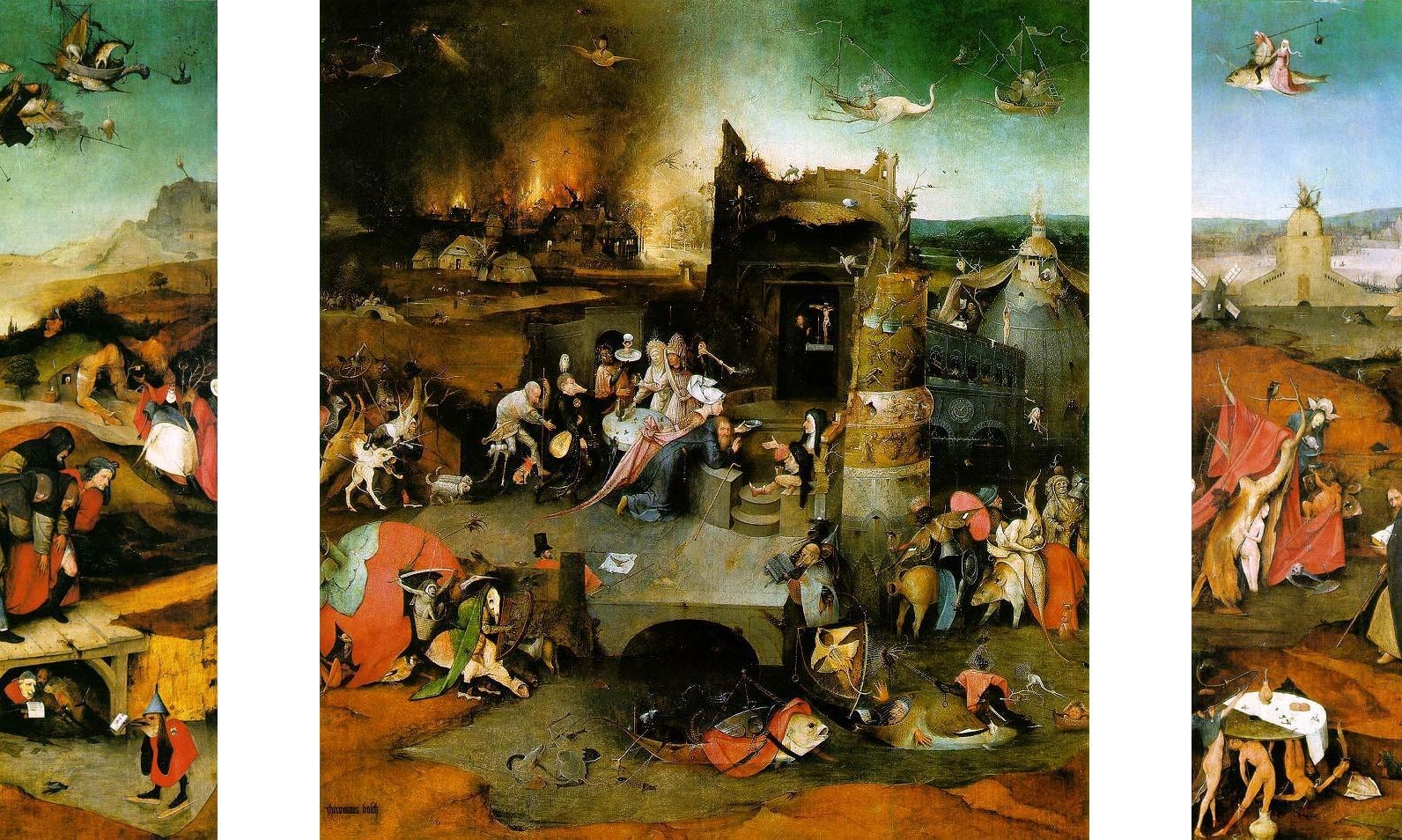“It is a fearful thing to fall into the hands of the living God” (Heb 10:31). So terrible, in fact, that it would be better never to have been born (Mt 26:24). Of course, Jesus was saying this concerning Judas’s impending betrayal of the Son of Man. None of us have handed Jesus over to be crucified. Then again, there is the Letter to the Hebrews that presents a worrying consideration:
It is impossible to restore again to repentance those who have once been enlightened, and have tasted the heavenly gift, and have shared in the Holy Spirit, and have tasted the goodness of the word of God and the powers of the age to come, and then have fallen away, since on their own they are crucifying again the Son of God and are holding him up to contempt. (Heb 6:4-6)
It is one thing to reject God before being baptized and receiving faith. It is another thing entirely to sin mortally after having received such great gifts that God gives to those who love him. The author of the Letter to the Hebrews equates it with crucifying Jesus Christ a second time. This is a circumstance in which a healthy fear would help improve our long-term happiness.
Proverbs says that “the fear of the Lord is the beginning of wisdom” (9:10). While no one likes being afraid, it really is a good thing at the beginning of the spiritual life. Fear keeps us from doing some pretty foolish things. I, for one, would have jumped off a lot more and taller things as a small child and broken many bones had I not had a healthy fear of heights. Fear is a great counter to curiosity, a temptation that can easily lead us to sin for the perceived novelty of it. Every child learns right from wrong in the first place because of fear of punishment from a parent. Fear of the Lord, then, helps us to avoid sin and to do good, but this is only the beginning of wisdom.
Wisdom is the consideration of the highest cause and the right ordering of everything else in relation to that cause (ST II-II.45.1). Fear helps us to recognize God as that highest cause. This is the first step in becoming wise. Further, wisdom perfects love. Those who are wise love better than those who are foolish. This is because love is directed first and foremost to God. After loving God, we love creatures according to their relationship to God. Thus, we love people more than pets. Since the wise know how everything is ordered, they also know how to love appropriately. Therefore, wisdom produces perfect love and “perfect love casts out fear” (1 Jn 4:18). So we have come full circle: from fear to wisdom to perfect love back again to fear, but this time to cast it out.
Once we love, fear is no longer needed. While it may be better never to have been born than to sin after having once accepted Christ, the fear of offending the Lord by sin will eventually lead us to the perfect love of God and eternal happiness with him in heaven.
✠
Image: Hieronymus Bosch, The Temptation of St. Anthony







